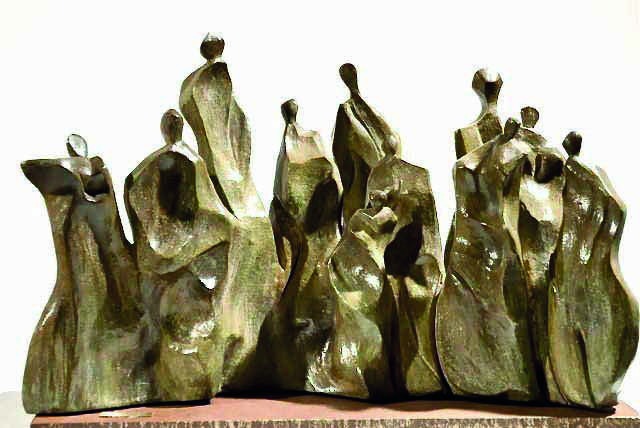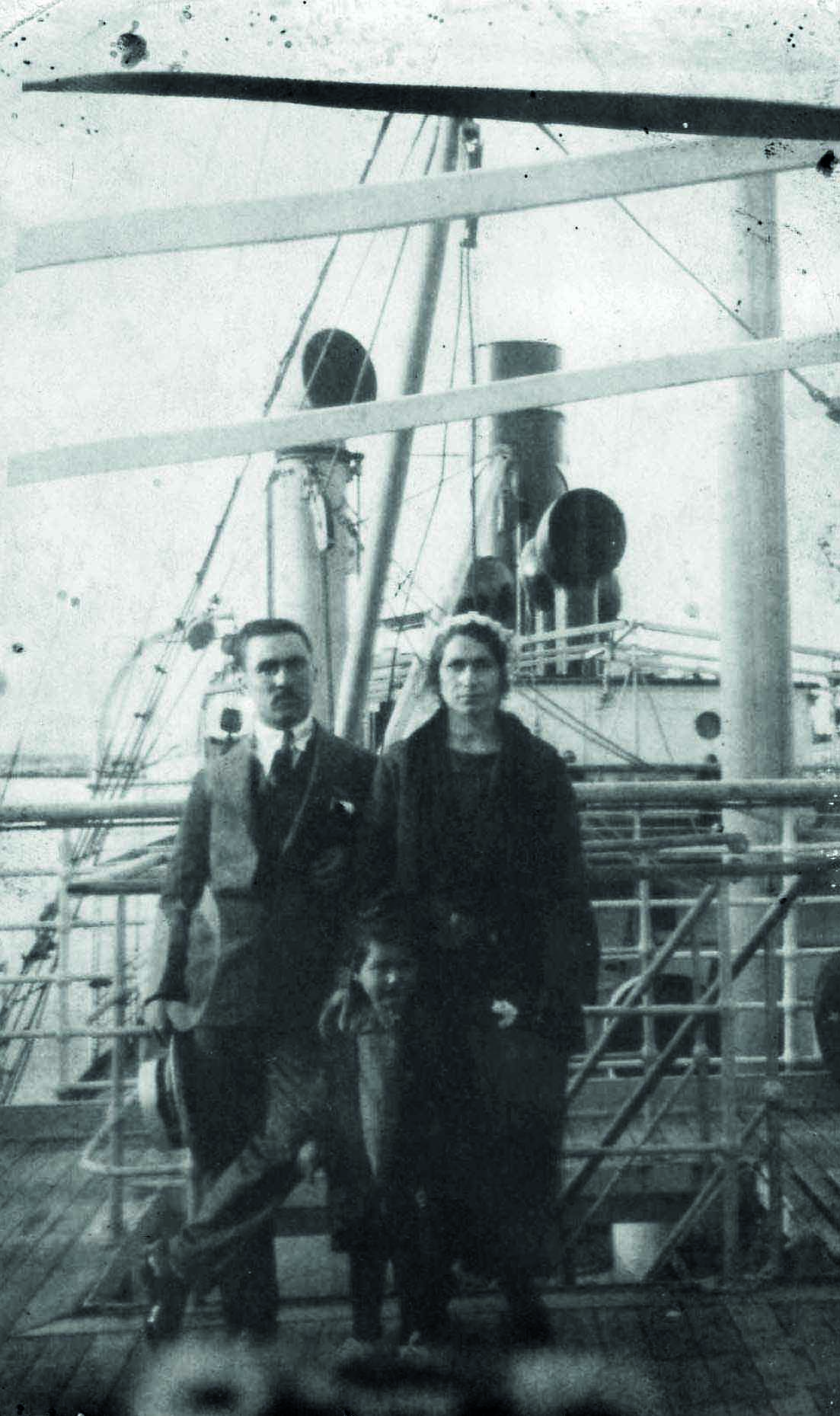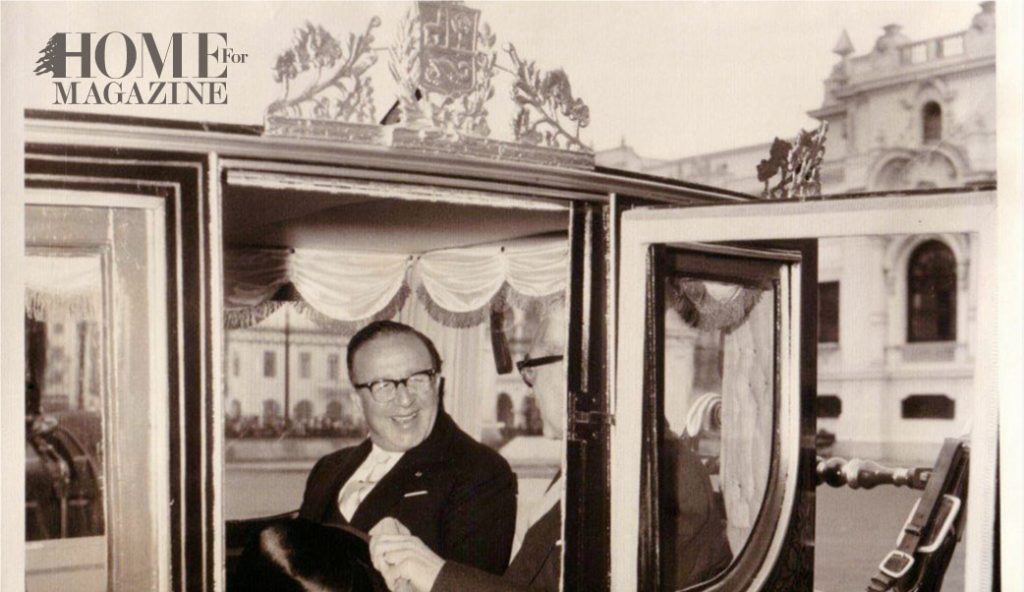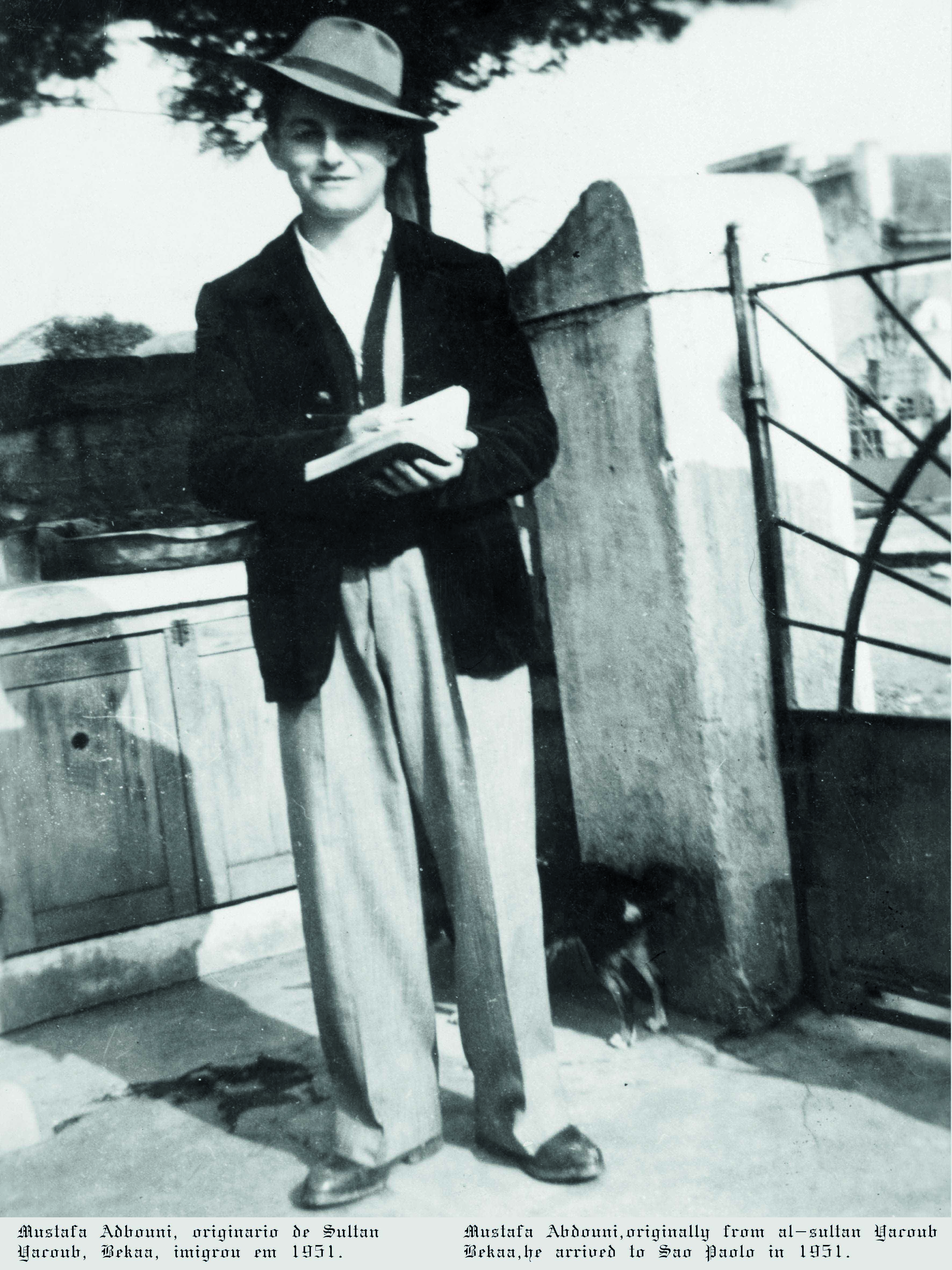A view of the Lebanese Emigration Research Center, which preserves the heritage of those who have migrated from, to, and through Lebanon.
Countries like the United States, Australia and most of Latin America have become global nations largely due to the in gathering of emigrants from around the world, whether the tired, the poor, the hungry and the yearning to be free, or those who simply see those countries as lands of expanding opportunities.

Lebanon is a global nation in the reverse. Its small size and the limited carrying capacity caused by its land, wars, famine and foreign educational missions, its role as a site for rest and rehabilitation center for the Allies during World War II, its Phoenician heritage of adventure and wanderlust, and a host of other factors have led Lebanese to migrate to countries throughout the world. While Greeks, Irish, Chinese and many others have had a significant history of emigration, it is arguable that Lebanon has exported a greater percentage of emigrants relative to its base population, and they have gone to a far more diverse spectrum of countries, have had a greater impact on their host countries, and have had a more significant influence on their home country than any other country in the world.
“Lebanon is a global nation in the reverse”
The Lebanese Emigration Research Center of Notre Dame University-Louaize has sought to safeguard the collective memory of that heritage. LERC was established in 2003 as an academic center – and while its name refers to its primary focus on emigration from Lebanon, as Guita Hourani, the director of LERC, explains, “the center documents migration from, to and through Lebanon.”
LERC’s facilities include a resource library of books, memoirs, village histories and ethnographies authored by or on subjects related to the Lebanese across the world in a broad range of languages.
LERC’s archival collection includes pictures, family genealogies, official documents, letters, newspapers, material artifacts and audio-visual recordings, as well as a database of Lebanese organizations, businesses and prominent individuals abroad.
The small museum includes photographs, artifacts and works of art. The art collection includes art pieces about the perception of the self in migration, as well as the way “others” perceive Lebanese immigrants.
The center has helped thousands of local and international students, researchers, Lebanese descendants, artists, governments, organizations and businessmen with their research on Lebanese migration.
LERC has inspired the establishment of a number of other centers of Lebanese migration in the world. One of these is the Moise A. Khayrallah Center for Lebanese Diaspora Studies at North Carolina State University in Raleigh, North Carolina, in the United States, and the Centro Argentino de Investigacion de la Inmigracion Libanesa in Rosario, Argentina.

The director of LERC recounts the story of Nestor Hajj, whose father left from Rmeish in southern Lebanon to go to Argentina in the late 1960s and was unable to return. In 2012 Nestor, who was volunteering as a translator for his tour group of Lebanese descendants, was showing them the pictures when he came across one of himself as a baby carried by his mother and father. He was overcome with emotions and tears, and indicated that by having the picture of his parents exhibited in LERC museum, his parents have metaphorically returned to Lebanon.
In another story Dr. Hourani speaks of Melhem Talhouk, who was one of the first ambassadors to many countries of Latin America in the 1950s. In 2009 his daughter Mrs. Nadia Talhouk-Assaf and son Mr. Toufic Talhouk, then in their 60s and 70s, gave a gift to the center of 53 pristine photographs. These included pictures of their father and Yusuf al-Sawda, who was then the ambassador to Brazil, as well as pictures of their father presenting his credentials to presidents of different countries of Latin America.
Those who have private letters, pictures, documents, business correspondence, travel and citizenship documentation, and other artifacts related to Lebanon’s migration history are encouraged to contribute these materials to LERC for preservation and safekeeping. Alternatively, donors can contribute high-resolution digitized copies of these items to LERC.


































